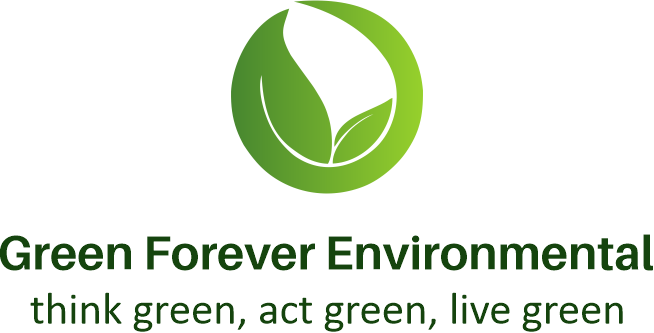1. What is a Waste Audit?
A waste audit is an analysis of your waste stream composition in order to provide a thorough understanding of problems and identify opportunities.
A waste audit is therefore important for the following reasons:
- It provides you with a data on the waste you generate.
- It will track pathways of your waste stream.
- Reduction, Reuse and recycling opportunities will be identified hence saving you money and saving the earth!
- Ways to improve your current waste and recycling practices will be assessed.
- It is important for regulatory compliance.
2. How will my Organization benefit from a Waste Audit?
A waste audit reveals what you generate, where the waste was generated and how much waste was generated. Once an organization is able to determine these, waste can be properly managed in a more environmentally friendly manner. Experienced waste auditors can help you identify problem areas and ways to save you money and time.
3. Can I leave out common areas during an audit?
No. It is advisable to include all areas including the cafeteria and photocopier rooms.
4. Must a waste audit be repeated?
It is important to repeat waste audits. Waste audit data and reporting will help you track your building’s waste and recycling activities as well as areas for improvement. Regular waste audits will reveal if your building is improving and diverting waste from landfill. Waste audits also help you save money on garbage disposal.
5. Who needs a waste audit?
Any organization that generates waste. Green Forever Environmental waste audits can save you money and ensure your organization is environmentally responsible. In Ontario Canada, the industrial, commercial and institutional sector that fall within a specific category are required to have annual waste reduction work plans and waste audits as per Environmental Protection Act under Ontario Regulation 102/94. Ontario regulation 102/94 is the regulation for waste audits and waste reduction work plans. This regulation determines how the audit must be done and what the waste audit should entail.
6. What is a capture rate?
The amount of recyclables collected divided by the overall amount of recyclables generated is referred to as Capture rate.
Capture rate = Total recycling /Total recycling + Recycling in waste*100
7. What is a diversion rate?
An expression of how much waste is actually prevented from ending up in landfill is referred to as Diversion rate.
Diversion rate = Total recycling/Total recycling +Total waste*100
8. If my organization is required by law to perform annual waste reduction work plan and waste audit do I need to implement a source separation program?
Yes. Organizations that are required to perform waste audits must have source separation programs in place as required under Ontario regulations 103/94.
9. Why should every organization do a waste audit?
It is advisable for all organizations to do a waste audit in order to ensure that materials are collected appropriately in the right bins thereby saving the company money on garbage pick up costs and reducing the amount of waste that ends up in landfill. Although it is not mandatory for all buildings, properties are encouraged to audit their garbage regularly.
A waste audit will help you discover the amount, types and the sources of waste you generate. It will also help you identify areas that need to improve their recycling and waste practices.
—————————————————————————————————————————————–
10. Apart from waste audits, what other services do you provide?
Other services include waste survey an assessments, Education and outreach, training/seminar, lunch and learns, waste brokerage, cleaners’ meetings/ training and assisting with specialized recycling. We also help coordinate your zero waste programs and events.
Apart from these services, we also provide youth (ages 16 to 30) with training and employment in environmental and cultural heritage conservation. This program is aimed at empowering youth with leadership skills, team spirit and employment skills. Green Forever Environmental works with communities, organizations and the government to
improve and enhance the environment in a sustainable manner. For more on what we do, please click here.
Contact us and we will be happy to help you meet your sustainability needs.
11. Do I have to Recycle?
Yes. Recycling reduces waste that ends up in landfill. There are many useful items that can be placed separately in recycling bins such as cans, bottles, plastics, juice cartons and milk jugs. It is important to always keep these items aside so that they can be processed into new materials. The process of recycling requires less energy and fewer natural resources.
